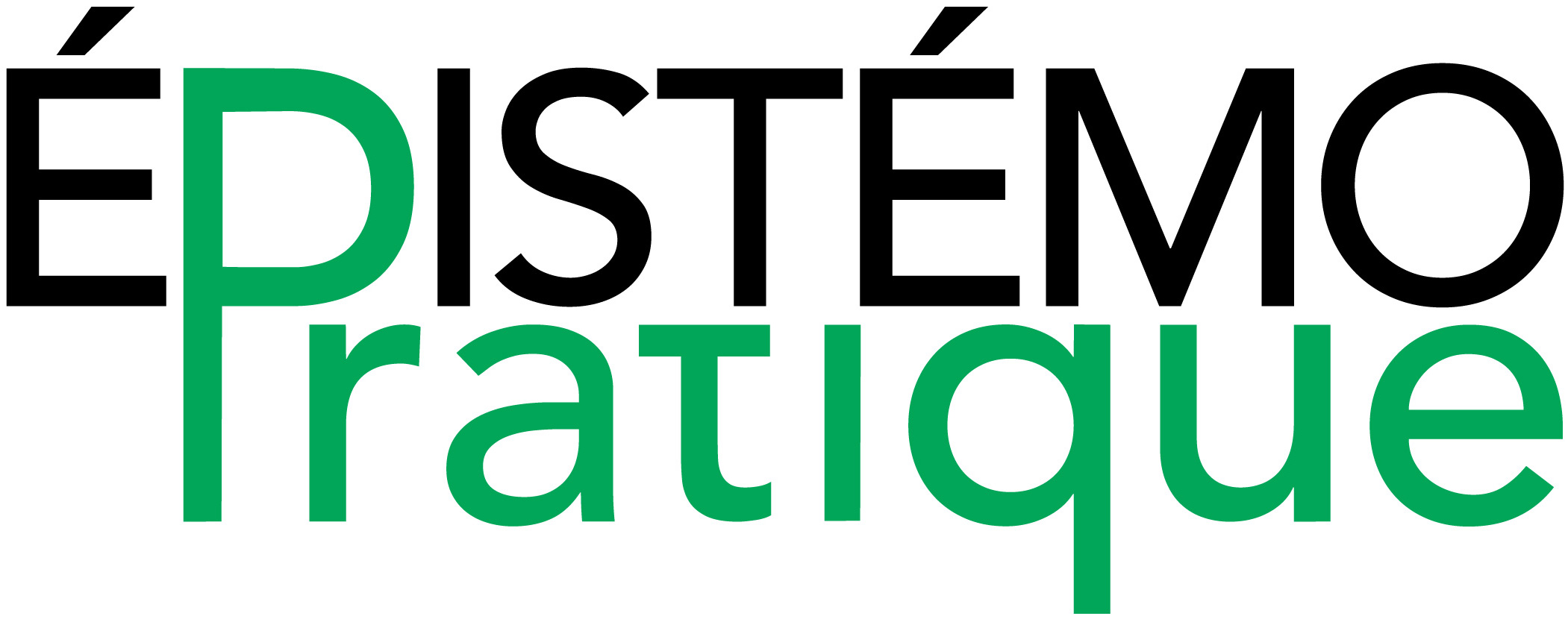The Epistemology of Think Tanks: A Meta-Evaluation of Existing Work
François Claveau et Andréanne Veillette
International Conference on Public Policy, Concordia University, Montréal
Lien vers l'événement
28 juin 2019
PDF link : http://www.ippapublicpolicy.org//file/paper/5d0ac80c4ee87.pdf
Claveau, François
Here is a brief summary of the presentation taken from the international public policy association‘s website :
Think tanks are often characterized as independent laboratories of ideas, free from the constraints that rest on governmental or academic research. While this is technically true, think tanks actually rely heavily on different actors for their continued existence (Landry, 2017). Think tanks face the combined challenge of impressing donors, influencing politicians, swaying the public opinion through the media all the while conserving a credibility akin to the one usually bestowed upon academia (Medvetz, 2012). Think tanks, unlike traditional intellectuals, are incentivized to produce concise research for precise purposes and specific moments (McGann, 2016). Put simply, think tanks need to influence while intellectuals want to influence (Drezner, 2017). This state of affairs makes for a most interesting object of study from the viewpoint of social epistemology. But how should we evaluate the knowledge production and transmission of think tanks?
Most evaluations of think tanks take each organization as a unit. The goal of the assessment becomes a ranking of organizations according to a set of criteria meant to capture what an ideal think tank would look like. Based on a survey of such evaluations, we diagnose a shared assumption: it would be up to each think tank to reinvent itself and strive to get closer to the ideal organization.
We contend that this assumption is flawed. Think tanks are shaped by external incentives and norms. Pointing the finger at specific organizations misses the mark by ignoring the central role structural elements play in determining a think tank’s characteristics. Furthermore, if one think tank reinvents itself, it leaves behind a niche, attracting other think tanks in its stead. A social epistemology of think tanks should thus avoid being organization-centric. To replace this type of evaluation, we propose to shift the focus to the ecosystem of think tanks – i.e., the collection of entities of various sectors (media, academia, business, politics, bureaucracy) that interact with think tanks. Building on Medvetz’s approach to the space of think tanks and on existing, unsystematic assessments of the ecosystem (e.g., Drezner’s recent contribution), we develop a framework to proceed to a more rigorous social epistemology of think tanks.
References
- Drezner, Daniel. The Ideas Industry: How Pessimists, Partisans, and Plutocrats Are Transforming the Marketplace of Ideas. New York, NY: Oxford University Press, 2017.
- Landry, Julien. “Les think tanks, les sciences sociales et la généralisation du discours expert au Canada et aux États-Unis.” PhD Thesis, Université du Québec à Montréal, 2017.
- McGann, James G. The Fifth Estate: Think Tanks, Public Policy, and Governance. Washington D.C.: Brookings Institution Press, 2016.
- Medvetz, Thomas. Think Tanks in America. Chicago: University of Chicago Press, 2012.
Ce contenu a été mis à jour le 15 mai 2020 à 13 h 12 min.

